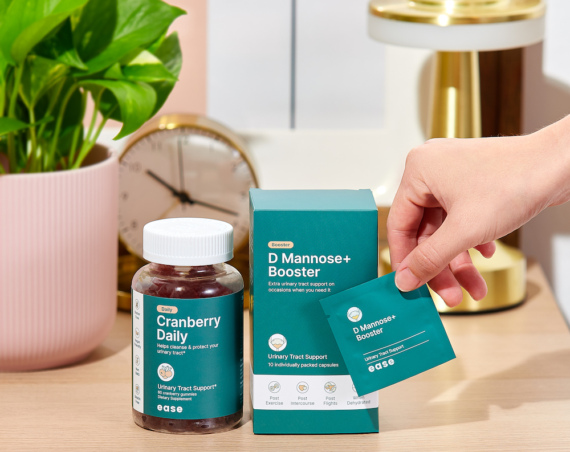
Female founders are no longer a small niche. Back in the ’70s, women-owned businesses only accounted for 4.6% of all companies in the U.S. In 2019, however, the number soared up to 42%. Nearly half the companies in the States are owned by women, yet female entrepreneurs are still dealing with problems that their male counterparts don’t have to face.
“Female founders are expected to have a crazy, tragic backstory that drives them to build their business,” states Ari Krzyzek, co-founder of Chykalophia. “I personally have shared my story countless times – how I left the comfort of my home in Bali, Indonesia to build a business from scratch with my husband, how we exerted ourselves to balance between marriage and business, how everything was such a hot mess in the first couple years… And people seem to like that.
“That makes me think, do top female founders have to start with nothing, have to be ‘self-made boss babes’ to be considered inspiring and for people to acknowledge them?”
Personal Branding Leads to Company’s Growth
Like it or not, personal branding is tightly knitted to your company’s growth and chances of raising a fund. People are interested in people, so it makes more sense to brand your business around an individual (that’s you, the founder) rather than around a company.
On top of that, your personal branding and story are both essential when it comes to fundraising. When pitching to investors, it is recommended that you not only introduce your business but also your personal story. While your personal story doesn’t necessarily have to be on the pitch deck, it will come up in the conversations. If the investors are interested in your company, they’ll be curious and want to know more about you. After all, you’re going to work together.
However, there’s this unrealistic expectation for female founders to share their heart-wrenching, jaw-dropping stories about how they built their business – not only with prospective investors but also with media and in entrepreneur communities. Meanwhile, society doesn’t expect this kind of story from male founders.
“Sharing past trauma and times of hardships is not an easy thing to do, yet many top female founders and aspiring ones feel they need to do it to gain an audience,” says Ari.
“If you want to share your personal story to help raise your brand awareness, but are not ready to share the not-so-pretty chapters, you can always interlace it with your brand story.”
Interlacing Female Founder’s Story with Brand Story
It is vital to have a solid brand story when raising your brand awareness. Your brand story elaborates the reason why you built your business in the first place or the mission you aim to carry out. More often than not, your brand story is closely aligned with your personal story.
Weaving your personal mission, vision, and values into your brand is not an uncommon practice. You’re the heart of your brand and business, after all. But if your business is all about empowerment, making an impact, or changing the world for the better, it just doesn’t do to dwell on your sentimental past.
For example, you’re building a business that provides equal access to education because you had to skip school on account of mental illness. Or maybe you’re a pelvic cancer survivor and you make it your mission to build a company that connects pelvic cancer patients with oncologists, psychologists, and fellow patients. While they are all noble causes, recounting your harsh background, again and again, is like doing and undoing your stitches from time to time.
“Omit the tragic stories of your life. Start sharing what inspires you and how your business embodies that spirit, providing a solution you wish your younger self had,” suggests Ari.
Quit telling how having a mental health problem was such an embarrassment. Instead, share how the nurses and teachers motivated you to build a business that allows everyone to receive equal education outside of the school building. And rather than reliving the horror of hospital visits, tell how you drew inspiration to build your business from the support group you were once a part of.
Founder’s Story and Brand Story Are Not Interchangeable
At the end of the day, your business is about your customers and the product you provide for them. It’s not about you, the founder, and it’s definitely not about how you overcome the ups and downs of your life. Save that for your personal branding – if you want.
“If you prefer to motivate aspiring women entrepreneurs by showing your achievements, though, go ahead and share your success stories. Not everything has to be tear-jerking to be inspiring, right?”
Connect with Ari Krzyzek on her LinkedIn or on her agency’s website, Chykalophia to have an exhilarating chat about female founders’ journeys.



